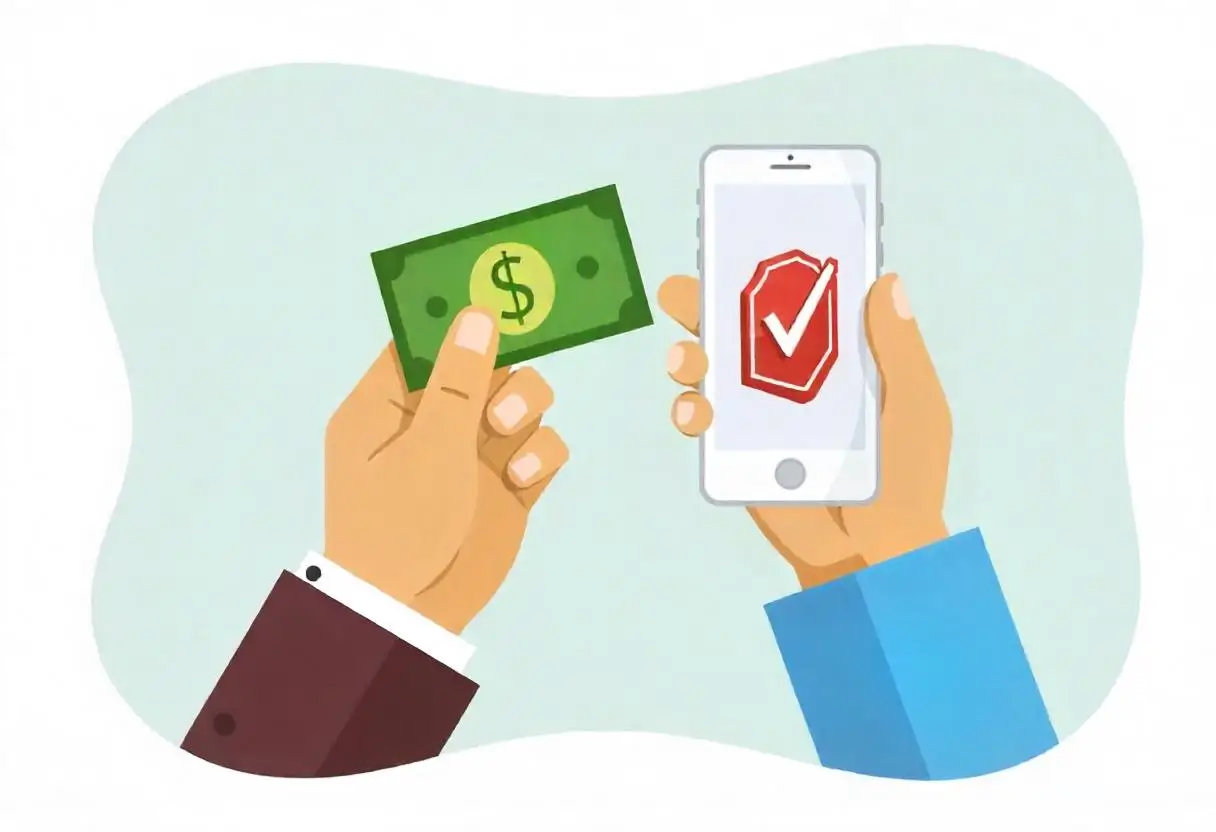Out-of-court refund is the process of returning money without going to court. This approach avoids lengthy litigation and related costs. In the article, we will discuss how to return money without going to court and what out-of-court settlement methods exist.
Advantages of Out-of-Court Settlement
Using out-of-court settlement for money return has several clear advantages. Firstly, it saves time and money. Litigation can take months or even years, and require significant expenses on lawyers and other court costs. Secondly, out-of-court negotiations allow maintaining business relationships and avoiding public conflict.
Out-of-Court Money Refund: Effective Methods and Recommendations
There are several effective methods that will help you return funds peacefully:
1. Negotiations and Pretrial Claims
The first step in the out-of-court money return process is negotiations with the debtor. It is important to maintain a friendly tone and strive for constructive dialogue. Ensure you have all necessary documentation confirming the existence of the debt: contracts, invoices, acts of completed work, etc.
Prepare a pretrial claim where you clearly state the essence of the claim, the amount of debt, and the terms of its repayment. This document should be sent to the debtor as an official letter with a receipt acknowledgment. Often, debtors start taking their obligations more seriously after receiving such a claim.
2. Using Collection Agencies
If negotiations did not yield results, you can turn to collection agencies. These organizations specialize in debt recovery and possess the necessary skills and resources to handle such tasks. It is important to choose a reliable agency that operates within the law and adheres to ethical standards.
Working with collectors saves time and nerves, but keep in mind that the agency will take a certain percentage of the returned amount as a fee.
3. Mediation and Arbitration
If both parties are ready for constructive dialogue, the method of mediation can be used. Mediation is a process where a neutral third party helps the parties reach a mutually acceptable solution. This method is suitable for situations where there is room for compromise between the parties. Arbitration, in turn, is a more formal procedure but is less costly and lengthy than litigation. The parties choose an arbitrator who makes a binding decision.
4. Factoring Application
Factoring is a financial service in which a company sells its accounts receivable to a factor (financial company) at a discount. This allows quickly receiving part of the funds without waiting for the debtor to repay the debt. Using factoring can be especially useful for businesses that need working capital.
5. Goodwill Strategy
Sometimes you can resort to a goodwill strategy, offering the debtor certain concessions or payment installments. This can be useful in situations where the debtor is temporarily experiencing financial difficulties. For example, you can offer to reduce the debt sum in exchange for its immediate repayment or develop a flexible payment schedule.
6. Involving Lawyers and Legal Consultants
If the situation is complex or requires professional assessment, it is worth consulting lawyers or legal consultants. They will help develop a debt recovery strategy, prepare necessary documents, and, if necessary, represent your interests in negotiations with the debtor.
How to Prepare for Negotiations
Effective negotiations for funds return require thorough preparation. Here are a few steps that will help you succeed:
- Gather Information: Study all the details of your case. Prepare documents proving that the money rightfully belongs to you.
- Set Goals: Clearly define what you want to achieve in the negotiation process. Be ready for compromises if necessary.
- Choose the Right Approach: Determine the tone of negotiations – it can be friendly or more assertive depending on the circumstances.
Legal Aspects and Documents
In any out-of-court settlement method, it is important to have all necessary documents:
- Contracts and Agreements: Check all signed agreements to ensure your claims are justified.
- Receipts and Invoices: These documents confirm that the payment was made.
- Correspondence: Emails and other forms of communication can serve as proof of your claims.
Tips for Successful Out-of-Court Refund
- Stay Professional: No matter how emotional your case may be, it is important to maintain professionalism.
- Use Legal Advice: Even if you do not plan to go to court, legal advice can be useful to assess your chances of success.
- Be Ready to Compromise: Sometimes it is better to receive a partial payment than nothing at all.
Conclusion
Out-of-court money refund can be an effective means of addressing debt issues if used wisely and consistently. Negotiations, pretrial claims, mediation, and other described methods allow avoiding lengthy and costly litigation. The main thing is to act within the law and maintain professionalism in communication with the debtor.
Remember that each situation is unique, and choosing the most suitable method depends on the specific circumstances of the case. It is important to assess risks and opportunities, and if necessary, seek professional support. We hope that our recommendations will help you successfully implement an out-of-court refund of your funds.
